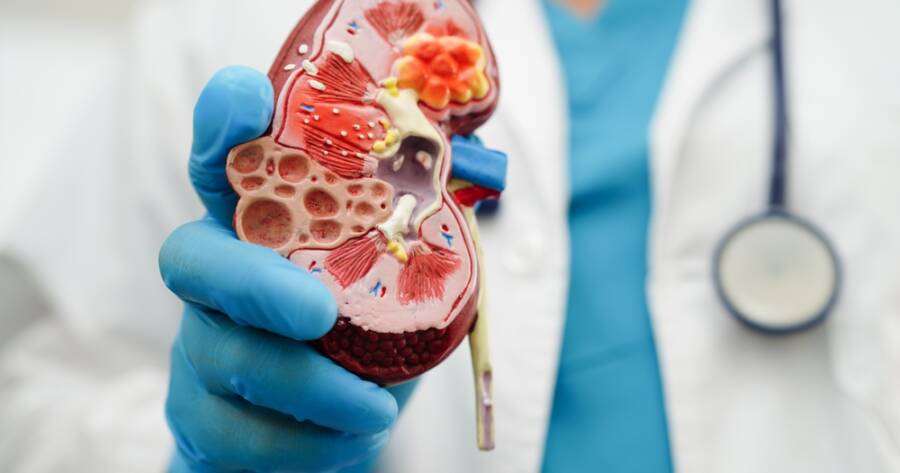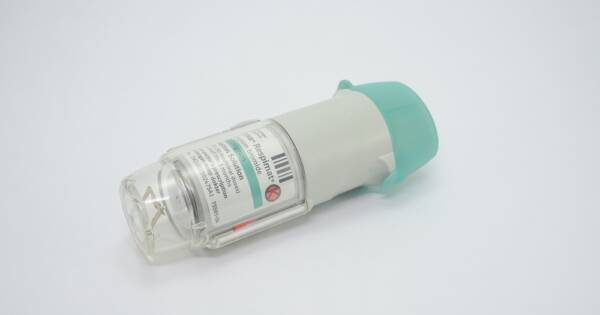IgA nephropathy, or Berger’s disease, presents a chronic challenge with kidneys due to IgA antibodies accumulating in glomeruli, leading to impaired filtration and inflammation. With no cure, current treatments and lifestyle changes aim to slow disease progression, while emerging research and trials offer promising avenues for future therapies. Understand key insights into effectively managing this condition.
Understanding IgA Nephropathy
IgA nephropathy, also known as Berger’s disease, is a chronic kidney condition characterized by the buildup of IgA antibodies in the kidneys’ filtering units, or glomeruli. This accumulation leads to inflammation and damage, affecting the kidney’s ability to filter waste from the blood.
While the exact cause of IgA nephropathy remains unknown, it is believed to have a genetic component, with environmental factors possibly playing a role in its onset and progression. Early detection is crucial, typically beginning with the presence of blood or protein in urine, prompting further diagnostic tests such as kidney biopsies and iothalamate clearance tests to confirm the condition.
Current Treatment Paradigms
Despite there being no cure, treatments for IgA nephropathy aim to manage symptoms and slow progression. Medications like ACE inhibitors and angiotensin receptor blockers (ARBs) are pivotal for controlling blood pressure and reducing proteinuria. Other medicinal options include the use of immunosuppressants to calm the immune response, targeted-release budesonide for reducing proteinuria, and potential use of corticosteroids in selected cases. However, due to risks of adverse effects, their use is often limited to specific circumstances.
Recently, the SIGN clinical trial introduced hope by demonstrating that fostamatinib, traditionally used for other conditions, can significantly reduce proteinuria in IgA nephropathy by inhibiting spleen tyrosine kinase (SYK) This showcases the potential of repurposing existing drugs to find novel treatment avenues at reduced developmental costs.
Lifestyle Interventions
Adopting specific lifestyle changes can significantly impact the management of IgA nephropathy. Regular monitoring of blood pressure at home, reduced sodium intake, maintaining a healthy weight, engaging in regular exercise, and moderating alcohol consumption can contribute to slowing kidney damage. Though not directly proven, dietary modifications, such as reduced protein intake and omega-3 supplementation, might also support kidney health under professional guidance.
Support groups and resources like the National Kidney Foundation offer crucial peer support, assisting patients in navigating the complexities of managing IgA nephropathy through shared experiences and expert advice.
Emerging Treatments and Research
Emerging treatments for IgA nephropathy continue to undergo research and development. Key areas include the exploration of angiotensin-II and endothelin receptor antagonists, as well as complement inhibitors.
Clinical trials are testing new therapeutic approaches, often evaluating surrogate markers like proteinuria reduction to expedite trial outcomes. Despite promising results for various treatments like fish oil and calcitriol, further studies are necessary to confirm their long-term efficacy and establish definitive treatment protocols for diverse patient populations.
Learn More About IgA Nephropathy Treatments
Understanding and managing IgA nephropathy is crucial for patients facing this chronic kidney disease. With ongoing advances in medical research and treatment, patients have more options than ever before. Staying informed about the latest treatment protocols, and actively engaging in discussions with healthcare providers, can significantly improve disease outcomes and enhance quality of life.
The landscape of IgA nephropathy treatment is continually evolving, promising new hope for those affected by this challenging condition. By learning more about the disease and its management options, individuals can make informed decisions that align with their health goals and lifestyles.
Sources
Mayo Clinic on IgA Nephropathy Treatments
Kidney Research UK on Fostamatinib Trials




